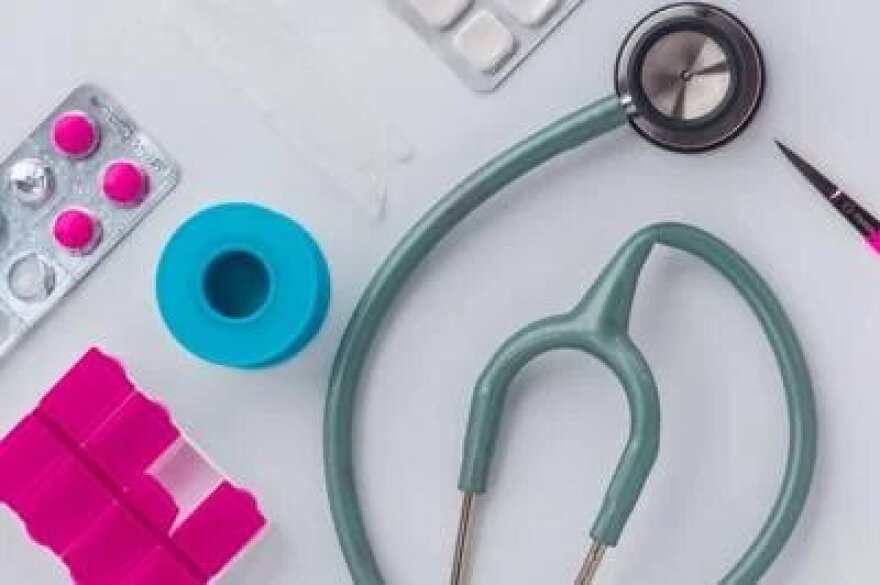University of Massachusetts Amherst researchers say the poorest patients not only get their medical bills denied more often by private insurance but they're less likely to contest those denials.
UMass health economist Michal Horny and his co-researcher, Alex Hoagland from the University of Toronto, looked at about 50,000 cases of insurance denials for non-emergency or preventive visits — occasions when a patient received care but the insurer later claimed the service was not covered.
Horny said data showed that low-income and patients of color were 43 percent more likely to be denied.
He said those patients may have worse quality insurance that covers less or they go to doctors with fewer resources who "have just one person who does all the billing and they're overwhelmed and just make mistakes, unlike higher income people who go to fancy hospitals where... they have a large team in the billing office."

In a second study, Horny found that low-income patients were also less likely to contest those denials or to succeed in getting them reversed. He said they may have less job flexibility to fight with insurance.
"A person who works at an Amazon warehouse or at a Starbucks cannot be on the phone for an hour, talking to a robot, trying to get their denial reversed," he said.
Horny said these disparities can be addressed by standardizing the billing process so providers make fewer mistakes, giving more resources to patients to contest claims, and putting more government pressure on insurance companies to honor their contracts.




